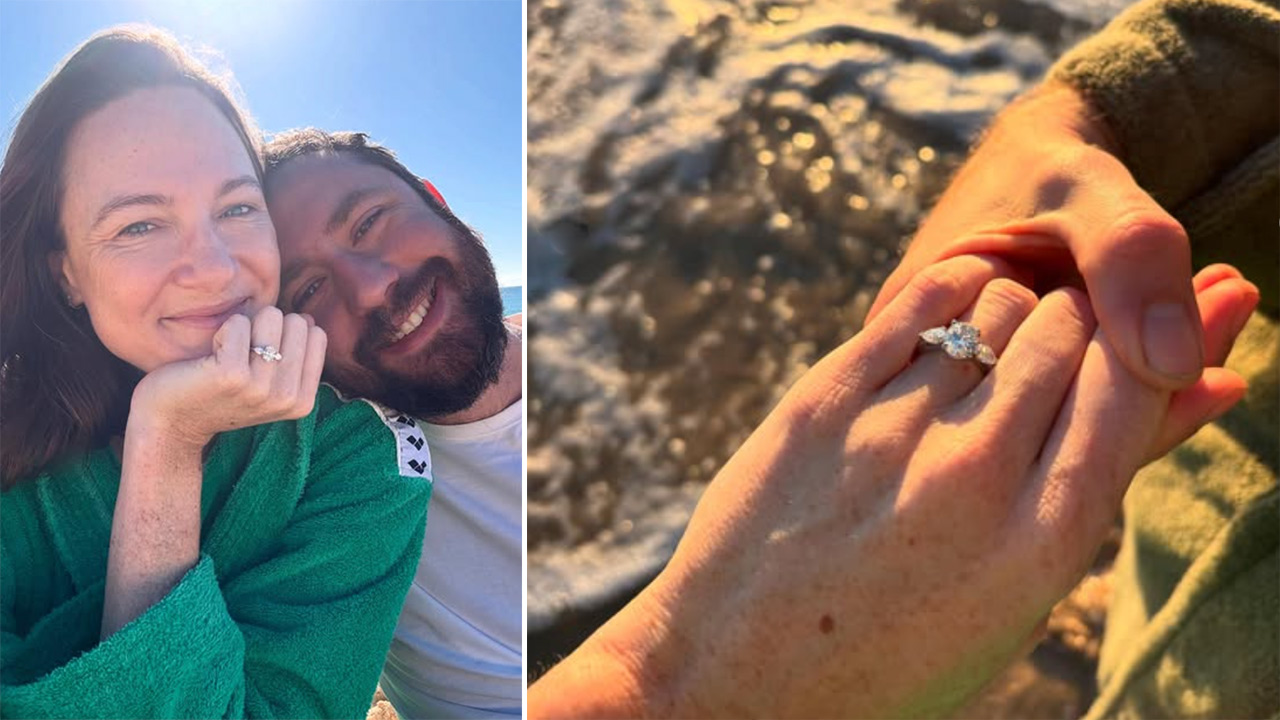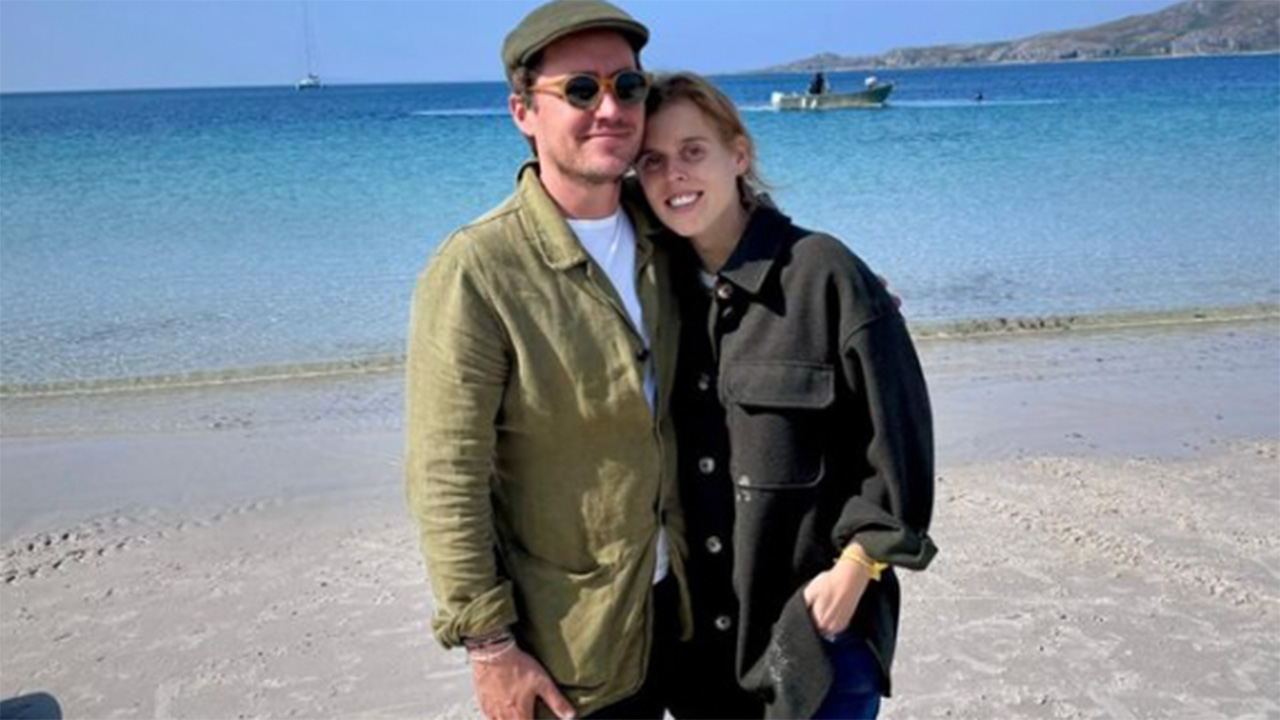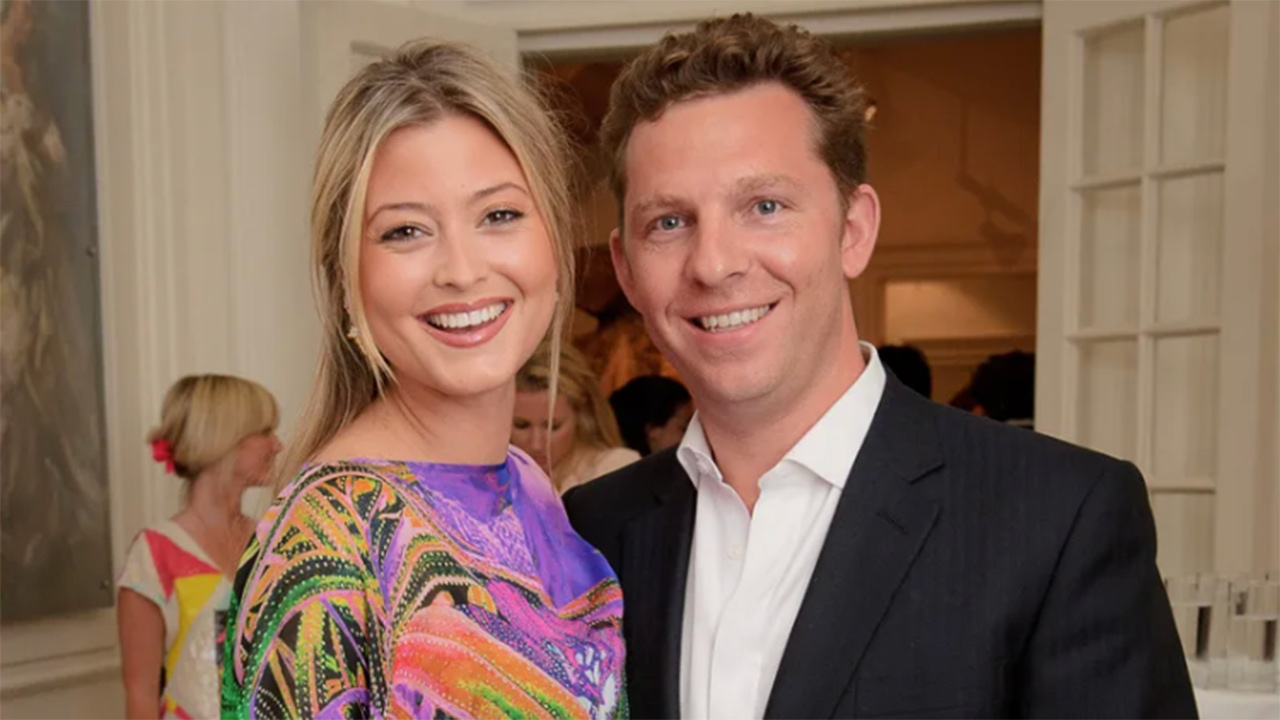As people around the world distance themselves from each other and stay cooped inside, many couples find themselves spending time together. This raises speculations that the world may see a coronavirus “baby boom” in nine months’ time.
However, experts said spikes in births are unlikely after the pandemic.
Monash University global health professor Jane Fisher said the circumstances surrounding the COVID-19 outbreak are different from those associated with natural disasters.
“I think it is a widespread belief after natural disasters there is a marked increase in birth rates, the idea that more people are stuck at home and having sex,” she told 10 daily.
“At the moment in Australia, you can still access contraception and get to your pharmacy, you aren’t restricted in that way like people can be with natural disasters, there also aren’t supply issues.”
ABS demographer Andrew Howe said Australia’s birth rate could even slow, as economic uncertainty may discourage people from having children.
Australian National University demography professor James Raymer said a baby boom is more likely to occur after consumer confidence improves.
“People will still have babies, but I don’t think just because more people are home they’re going to have more children,” he told Domain.
“During times of war or depression, birth rates go down.”
The baby boom is also unlikely to be found in other parts of the world. Rogelio, professor in the Department of Demography at the University of Texas at San Antonio said while disasters like blackout and hurricane are “short-term kinds of things”, the coronavirus crisis will be more long lasting.
“This is going to be a drastically long kind of event, and also with the economic impacts… Economic uncertainty really impacts fertility,” Sáenz told CNN.
He said the United States could see a year-to-year decline in its population. “There’s potential for population loss over the coming year.”












